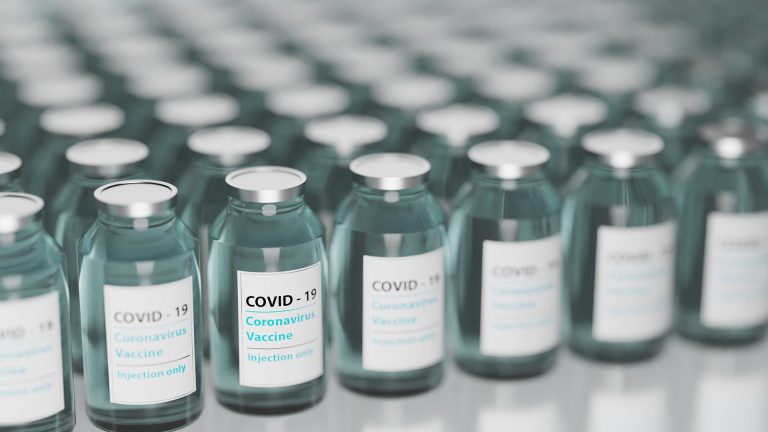It has been roughly two years since the COVID-19 pandemic broke out and only around seven percent of the population residing in low-income nations have access to vaccines. A group that is at significant risk of infection are migrants who tend to mostly come from such nations. Access to COVID-19 vaccines is pretty limited for this demographic since vaccine manufacturers are afraid of facing lawsuits.
In 2000, a public-private vaccine alliance called Gavi was established to promote vaccination around the world. After the COVID-19 pandemic broke out, Gavi, together with other institutions like the WHO and UNICEF established the COVAX program that seeks to ensure equitable access to COVID-19 vaccines.
Usually, COVID-19 vaccines enjoy legal indemnity, meaning that users who suffer from any side effects may not be able to sue the manufacturers for any compensation. The law for indemnity varies from country to country. While some nations might offer full indemnity, others might offer indemnity only under certain conditions. For vaccine manufacturers, the indemnity clause protects them against expensive lawsuits.
The COVAX program does not offer any such mechanism for compensation since most of the vaccine manufacturers who have supplied vaccines under the program have refused to shoulder any legal liability.
NGOs who distribute the vaccines under COVAX are also not ready to bear any responsibilities. As such, the COVAX program has only distributed 2 million doses from its vaccine stockpile. Over two-thirds of the doses come from three companies – Pfizer, Moderna, and AstraZeneca.
Success
You are now signed up for our newsletter
Success
Check your email to complete sign up
“Vaccine manufacturers try to minimize legal risks in almost every setting… The gold standard is full immunity from lawsuits. If they accept carve-outs, it may become more difficult to reach that goal,” John T. Monahan, Professor at Georgetown University, told Reuters.
A spokesperson from Gavi told the media outlet that the reluctance of vaccine manufacturers to take legal responsibility for the doses is creating a “major hurdle” when it comes to distributing vaccines stocked under the COVAX program.
Only four vaccine manufacturers have agreed to bear legal risks. This includes U.S. company Johnson & Johnson and three firms from China, Sinopharm, Clover Biopharmaceuticals, and SinoVac.
However, these four drugmakers only account for less than a third of the COVAX vaccine stockpile. Clover’s COVID-19 vaccine has not even received an approval. As such, these vaccines are not in use.In the United States, only a small percentage of migrants that have been processed this year were inoculated with a COVID-19 vaccine while they were in federal custody, according to unpublished government data seen by CBS News.
















